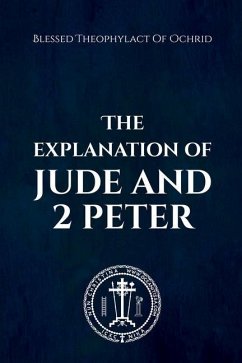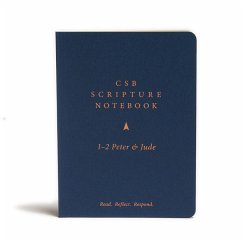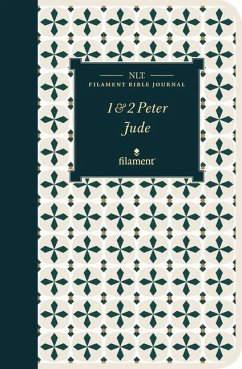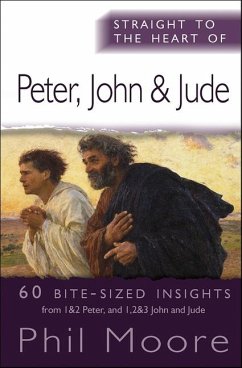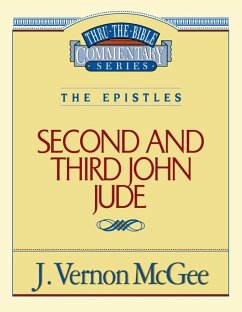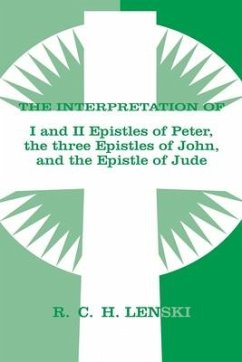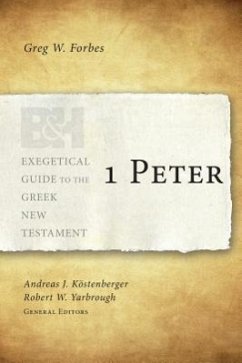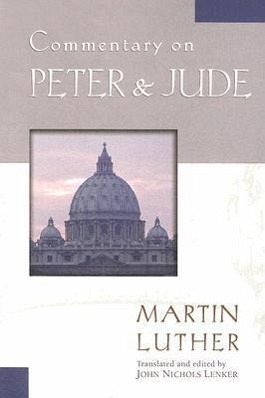
Commentary on Peter & Jude
Versandkostenfrei!
Versandfertig in über 4 Wochen
16,99 €
inkl. MwSt.

PAYBACK Punkte
8 °P sammeln!
A timeless commentary written by one of the most influential theologians in history. Though often neglected, the New Testament epistles of Peter and Jude offer important insights for Christians in their daily walk. In this commentary, Luther explores the biblical text in the clear yet direct style for which he is known. Emphasizing the salvation and grace promised through Jesus Christ, Luther calls Christians to live radically as they wait for the future life.





